On October 9 and 10, in Hanoi , the National Defense and Security Committee (NDSC) held a discussion on draft laws submitted to the National Assembly at the 6th Session, including: Road Law; Law on Road Traffic Order and Safety; Law on Defense and Security Industry and Industrial Mobilization.
Development of road infrastructure and road transport
On the morning of October 9, Lieutenant General Nguyen Minh Duc, Deputy Head of the National Defense and Security Committee, and Deputy Minister of Transport Le Dinh Tho co-chaired a discussion on the draft Road Law. Attending the discussion were members of the Standing Committee of the National Defense and Security Committee, representatives of ministries, branches, experts, scientists, and businesses related to this field...

In his opening speech, Vice Chairman of the National Defense and Security Committee Nguyen Minh Duc asked delegates to take the time to discuss and clarify the contents of the draft Road Law, and contribute ideas so that the National Defense and Security Committee can have more information from practice and complete the review report of the draft laws submitted to the National Assembly at the 6th Session.
The draft Road Law submission presented by the representative of the Legal Department, Ministry of Transport, said that the Road Traffic Law 2008 was passed by the 12th National Assembly at the 4th Session on November 13, 2008, and took effect from July 1, 2009. After 13 years of implementation, the Road Traffic Law 2008 has achieved certain results, creating a legal corridor for road traffic activities; contributing to forming the awareness of law compliance of traffic participants, ensuring traffic order and safety nationwide... However, there are also some shortcomings and arising issues that need to be considered in developing the Road Law.

The development of the Road Law aims to continue to perfect the mechanisms and policies on road infrastructure; strengthen state management, institutionalize the Party and State's guidelines and policies on road infrastructure development and road transport development; implement Vietnam's commitments to the international community; and overcome difficulties and shortcomings in the implementation of road traffic laws.
The draft law consists of 6 chapters and 92 articles; of which 3 chapters have been transferred to the Law on Road Traffic Order and Safety (road traffic rules, drivers of vehicles participating in road traffic, vehicles participating in road traffic); at the same time, a separate chapter on Expressways (Chapter III) has been added, consisting of 14 articles (from Article 47 to Article 60).
Grab proposes to be just a "transportation connection intermediary service"
Discussing at the seminar on Article 86, Software services supporting car transportation connection, Vice President of Hanoi Taxi Association Nguyen Cong Hung said that the nature of the two types of business: technology cars and taxis are similar but the management conditions are different, leading to the State losing tax revenue, people's data being transferred to third parties (for example, Uber transferred to Grab)...

"In particular, there is an outbreak of motorbikes providing cargo services such as shippers using software, transporting bulky goods while watching their phones, which is very dangerous and always poses a risk of traffic accidents. It is necessary to tighten the enforcement of legal regulations by organizations and transport businesses, and violations must be handled," he said, suggesting that the law clearly state that software businesses must have an e-commerce presence, have a hotline to respond to customer complaints, and help state management agencies retrieve information when necessary.
The Vice President of the Hanoi Taxi Association also proposed that responsibilities must be assigned very specifically, and that individuals should not be allowed to participate in business organizations. Because through his visits to Japan and Korea, he saw that individuals are not allowed to do business but must participate in organizations. "The Road Law clearly stipulates that passenger transport business is a conditional business, but is an individual qualified to organize a traffic safety monitoring department, and is he properly trained?...", he wondered.

Meanwhile, Grab's Director of External Relations in Vietnam Dang Thuy Trang mentioned Clause 6, Article 61 of the Road Law on the definition of transportation business, stating that automobile transportation is defined as the organization or individual performing at least one of the following stages: operating vehicles and drivers, deciding on fares to transport passengers or goods on the road. Based on this regulation, all online car booking connection services such as Grab, Bee, Gojek... are transportation business services.
"This is not really appropriate and causes difficulties for both businesses and management agencies in the implementation process. Grab proposed to be classified as a transport connection intermediary service, instead of a transport business service as in the draft law," she said, citing international experience, no country classifies Grab as a transport business. For example, Singapore calls Grab an "on-demand ride booking" service, Malaysia calls it an "intermediary service", and the Philippines calls it a "transport connection network" service.

Grab's foreign affairs director believes that if Grab is classified as a transportation business, it is not consistent with the nature of an intermediary unit's operations and leads to the issuance of inappropriate state management regulations. At the same time, the online car booking service is only an intermediary, helping to increase the efficiency of transactions between passengers and drivers, while the right to decide still belongs to passengers and drivers through booking and receiving rides...
Transport business must be subject to state management.
Speaking on this issue, Deputy Minister of Transport Le Dinh Tho, the representative of the drafting agency, said that this is an issue of businesses using technology in the transport business. "In the transport business, why is it called business? Because there are conditions and it must be profitable. The connection between people and vehicles can be in the traditional form of manual labor, or later on, when developing, technology can be used for management. As for businesses, organizations, or individuals doing transport business, they must satisfy this condition," said the Deputy Minister of Transport.

According to him, some information technology companies use technology to provide services for the transportation business sector, but almost intervene from A to Z in business conditions, saying that it is not allowed to do transportation business. "You use technology to connect vehicles and people, that is applying technology. But when you become a service business unit, the owner must take responsibility, at that time, you can go through a contract to take responsibility. In the law, we clearly separate the issues for management and clearly define the responsibilities of organizations and individuals participating in transportation business", Deputy Minister Le Dinh Tho analyzed, suggesting that businesses take the initiative in this issue and understand the true nature to implement.
Adding to the discussion, Chairman of the Vietnam Automobile Transport Association Nguyen Van Quyen said that Grab's representative stated that they pay taxes, but the most important thing in determining which transport business unit is that they must be responsible to the State for tax issues. Currently, Grab is the party that decides the transport fare, increasing or decreasing by the hour of the day, according to the weather. Between Grab and the car owner, there is a contract on how much % is collected, including the tax collected and paid to the State.

"Thus, when you signed the contract, it showed that Grab is the party that decides on fares, and is also responsible and obligated to the State. From there, we can determine which is the transport business unit, one is responsible to the customer, two is responsible to the State", the Chairman of the Vietnam Automobile Transport Association emphasized.
"I think that participating in human transportation activities must be managed by the State. But now there are all kinds of such vehicles, I suggest the Ministry of Transport review to see how much management should be done? Fixed-route buses have been implemented for a long time in the law, but how should private vehicles using technology, shared vehicles, vehicles with fake contracts running daily... be managed? How to ensure the State's infrastructure but at the same time satisfy the people's travel needs" - Former Deputy Head of the National Defense and Security Committee Le Viet Truong expressed his opinion.
In addition, at the discussion, delegates also mentioned the intelligent traffic system; city buses; student transportation by car; regulations on advertising in road vehicles; database system on traffic black spots...
Source




![[Photo] Party and State leaders visit former President Tran Duc Luong](https://vphoto.vietnam.vn/thumb/1200x675/vietnam/resource/IMAGE/2025/5/24/960db9b19102400e8df68d5a6caadcf6)




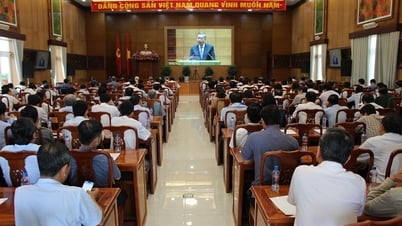

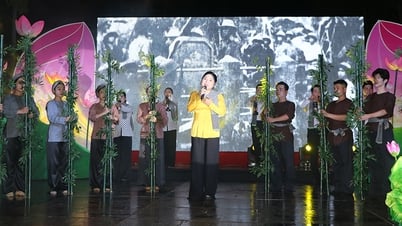










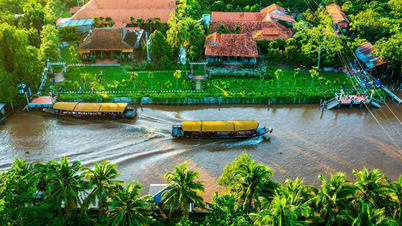
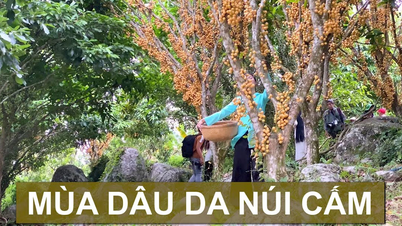
![[Photo] Anh Hoang - Dinh Duc successfully defended the men's doubles championship of the National Table Tennis Championship of Nhan Dan Newspaper](https://vphoto.vietnam.vn/thumb/1200x675/vietnam/resource/IMAGE/2025/5/23/d6ab3bcac02c49928b38c729d795cac6)
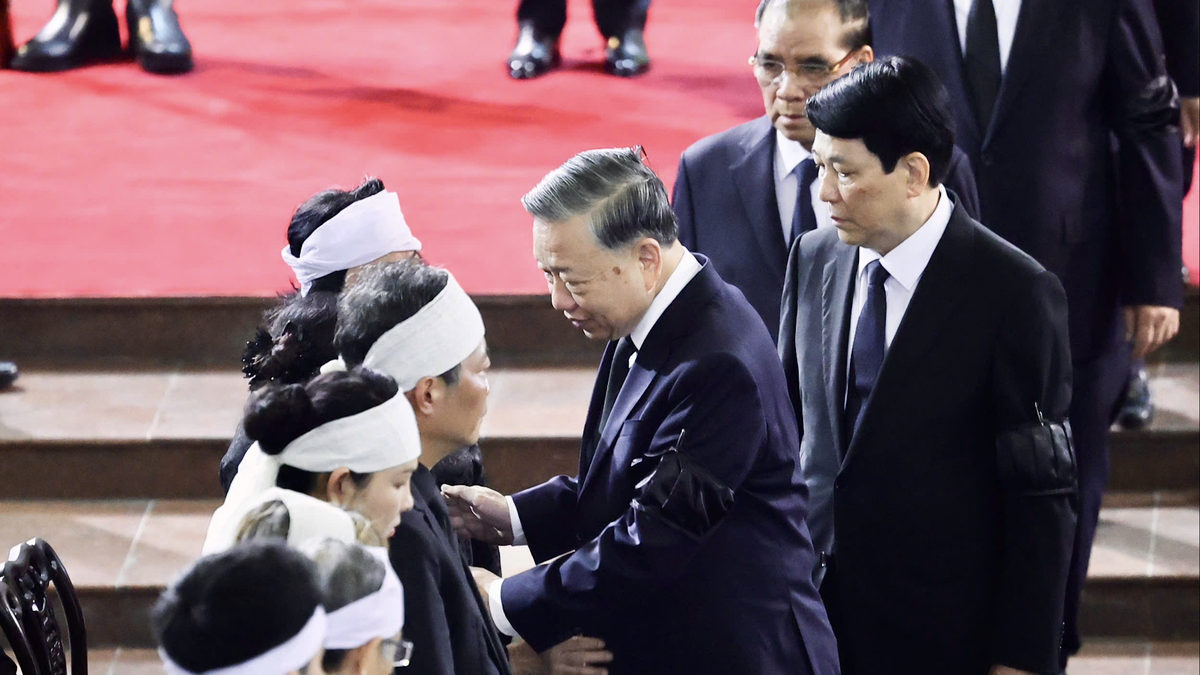





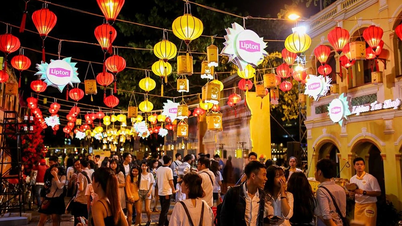

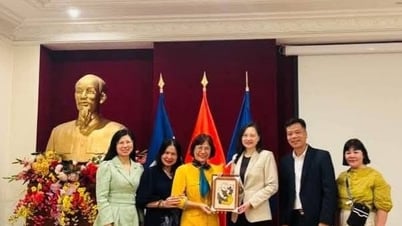

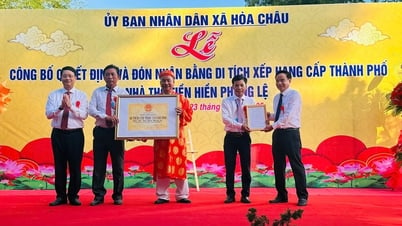





















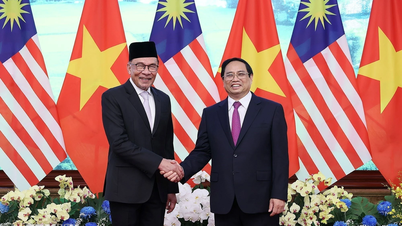

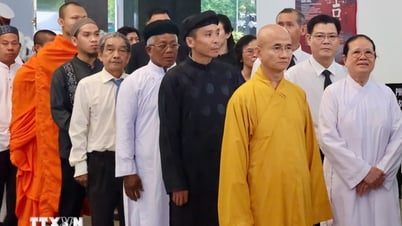

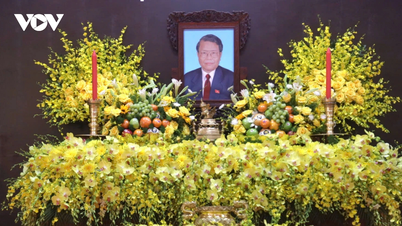
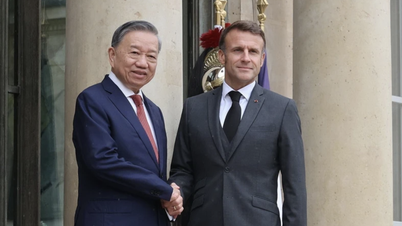
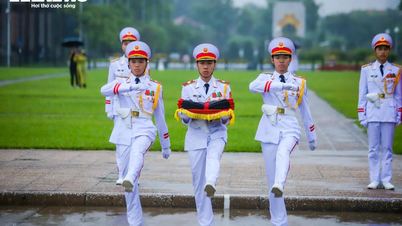










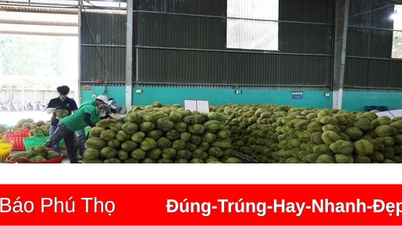

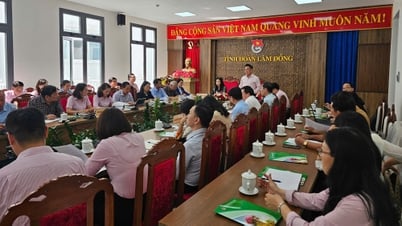

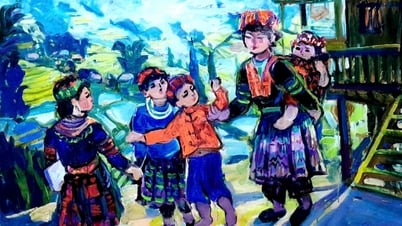
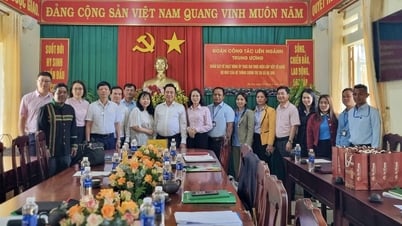
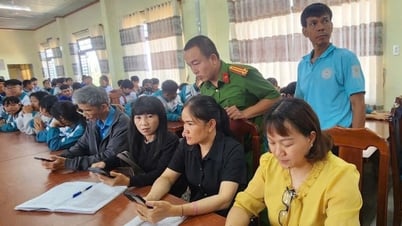











Comment (0)